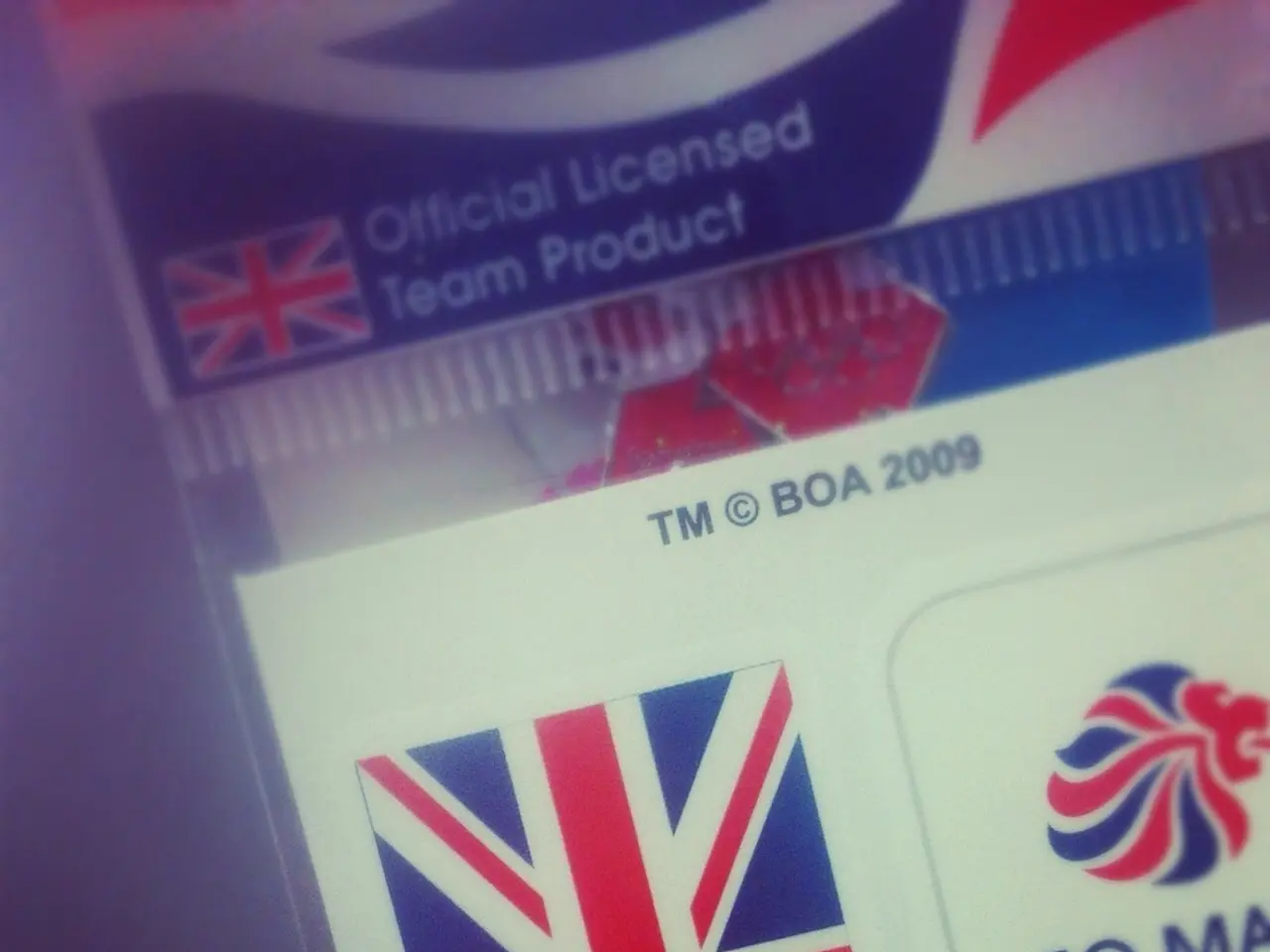Guide to Acquiring French Nationality through Ancestry
France, known for its rich culture and powerful passport, has moved away from the 'jus soli' principle, which grants citizenship based on birthplace, towards 'jus sanguinis', the 'right of blood'. This means that a person can become a French citizen through one of their parents, provided they meet certain eligibility criteria.
For those seeking to reconnect with their roots and secure a second passport, services like Citizenship by Descent (CBD) can be a valuable resource. However, the path to French citizenship by descent is not without its challenges.
To begin with, applicants must prove their eligibility by providing documentation that establishes their parent's French nationality. This requires tracing back through generations, as France requires all previous generations in your line to be registered as citizens before you apply for your own citizenship.
The application process is extensive and requires submitting proof of identity, proof of residence, a copy of your birth certificate indicating the parent-child relationship with the French parent in question, a copy of your parent(s) birth certificate, all documents that would establish your parent(s) as a French national, and your parents' marriage certificate or, if your parents aren't married, a copy of the certificate recognising and proving parentage.
Additionally, applicants must demonstrate their integration into French society. This is tested through an interview and a language test to prove French speaking and writing abilities. A recognised diploma from a Francophone institute can be used as a substitute for the language test.
However, the eligibility requirements can be exhausting, and some may question whether the time spent studying the language is worth it. Furthermore, if the French parent in question is estranged or difficult to track down, applicants might have to dig around in archives to produce the necessary paperwork or other types of proof that they have ties to France.
It's important to note that if neither you nor your parents have had anything to do with France for 50 years (such as contact or links with French authorities via passport renewal, voter registration, or consular registration) and have resided outside of France, you won't be eligible to receive citizenship.
Despite these challenges, many find the journey to French citizenship by descent rewarding. With a French passport in hand, holders can enjoy visa-free travel to an array of destinations, making it one of the most powerful travel documents in the world.
Interestingly, many European countries run citizenship-by-descent programs extending citizenship to the descendants of citizens who had to flee, were exiled, or left the country during a time of mass immigration. If you are an American, Canadian, or Australian citizen, there's a good chance that your ancestors originated in Europe, making you a potential candidate for such programs.
In conclusion, while the path to French citizenship by descent requires a significant amount of personal effort and time, it offers a unique opportunity for those seeking to reconnect with their roots and enjoy the benefits of a powerful passport.








